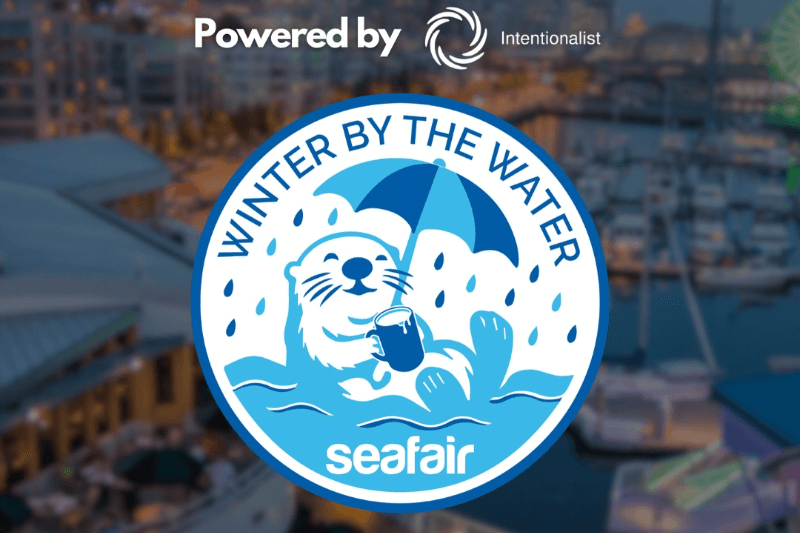
Europe’s Reliance On Plastics Is Dropping. Why Is The US Lagging?
In Europe, paper is clearly on its way in and plastics are out. The standard takeaway cup at coffee shops and juice bars is paper – and when there is a straw, it’s paper as well!
Delivery food orders arrive in paper cartons. Utensils, when requested, are wooden and wrapped in paper. And in grocery stores, putting pasta, rice and vegetables in paper bags is normal.
Meanwhile, fast food chains such as McDonald’s, Burger King and Pret A Manger serve food consumed on location in reusable packaging.
And extended producer responsibility schemes mean plastic bottle caps no longer fully detach, raising the likelihood of them getting recycled as well.
What’s Behind The Worrying Difference?
A different scenario unfolds in the US every day. It’s difficult to assess if it’s the transatlantic difference in ecological awareness or the power of different cultural norms.
Your iced coffee at a place in New York with gender-inclusive bathrooms, LGBTQ+ signs and Black Lives Matter posters could come in a plastic cup with a plastic straw.
Keep Reading
The same story repeats at some supermarkets: plastic cups, plastic straws in their plastic packages, plastic containers and plastic-wrapped plastic utensils.
The disparity shows even if a country leaned heavily into fast food practices and its society welcomed single-use convenience, people can adjust when legislative change demands it.
EU’s Landmark 2021 Ban On Single-Use Plastics
In an effort to tackle pollution in seas, fields and waterways, the European parliament in October 2018 overwhelmingly supported a wide-ranging ban on single-use plastics.
Under the landmark directive, items such as plastic straws, disposable plastic plates and cutlery and cotton swabs got banned by 2021. 90% of plastic bottles would be recycled by 2025.
Lightweight single-use plastics are among the most problematic items as they can easily travel long distances, absorbing toxins along the way that damage marine life.
The legislation passed 571 votes to 53, pulling the European Union into a leadership position in tackling the growing plastic pollution crisis.




